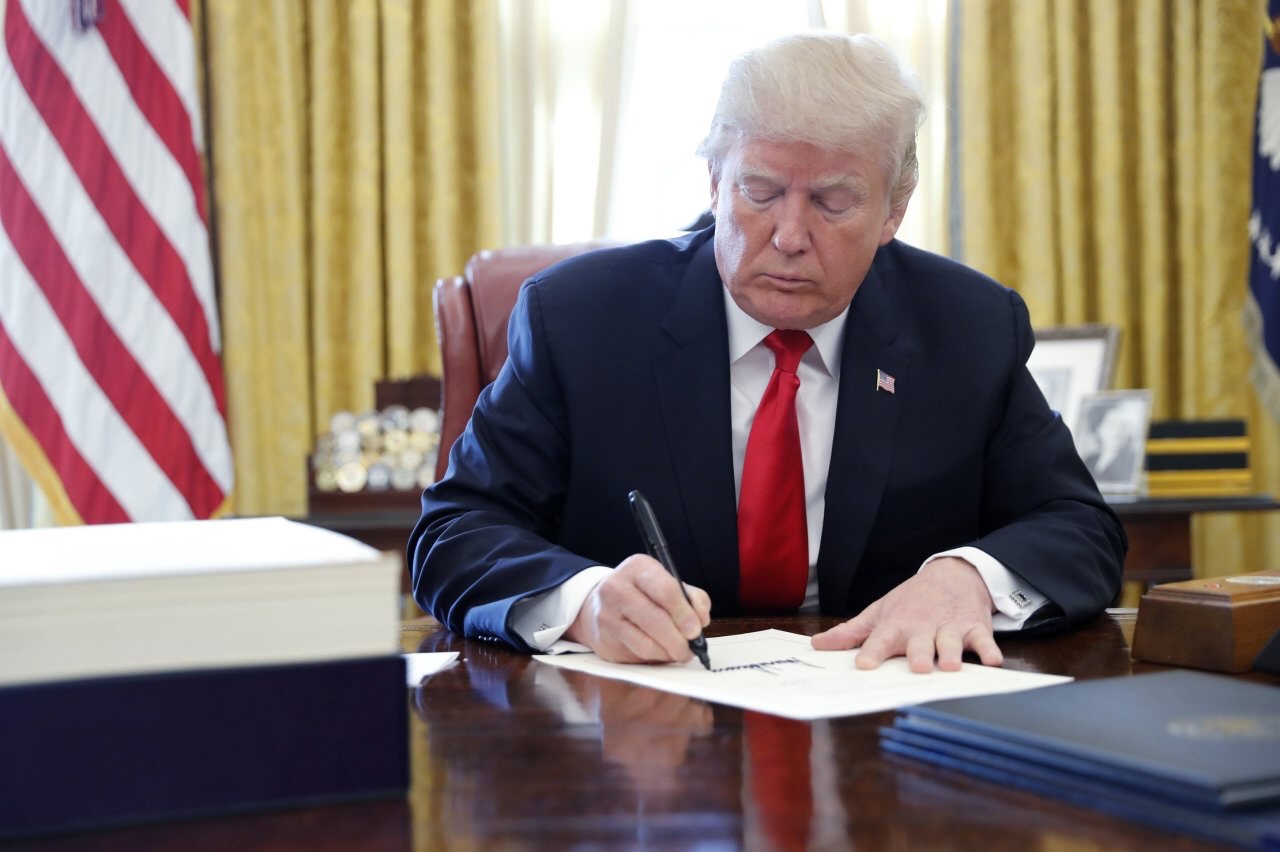Ladies and gentlemen, it’s now official: President Donald Trump has signed the controversial FOSTA-SESTA bill into law. It was widely expected that he would sign the bill into law.
The law’s aim is to crack down on sex trafficking in the US, but many are concerned that the law will give way to online censorship and make things less safe for sex workers. The bill’s critics included the ACLU, the EFF, Department of Justice, anti-trafficking groups and sex worker organizations. The bill has been backed by the Internet Association as well as high profile individuals like Seth Meyers and Amy Schumer.
Great news! @POTUS has signed #SESTA into law! A momentous day for survivors of online trafficking and a big victory in our fight to help end online #SexTrafficking in this country.
— Rob Portman (@senrobportman) April 11, 2018
Last month, the Senate passed a version of the bill and EFF tweeted at the time that it was “a dark day for the internet.” Sex workers have found online platforms to make them feel safer, and some have said that it’s even saved their lives. With this law in effect, it will make things much more difficult for them. It wasn’t just organizations and individuals against the law. When Congress approved of the bill, Craigslist shut down its personals section in response to that and before the bill was even signed into law.
The newly-signed law removes Communications Decency Act protections for website that are knowingly hosting content that’s loosely defined as sex trafficking and “prostitution.” Supporters and Congresstional leaders have said that this will make it easier to root out child and sex trafficking in the country. On the other hand, when we take a look at the situation which Backpage.com is in, the federal government now only took down the website but is now taking action against Backpage executives, as of last week. This all happened before the bill was even signed into law. This led many to question if the FOSTA-SESTA law was even necessary to begin with.
BREAKING: President @realDonaldTrump has signed SESTA/FOSTA into law. As we've already seen, this bill silences online speech by forcing Internet platforms to censor their users. https://t.co/7WW3Pf3S7C
— EFF (@EFF) April 11, 2018





